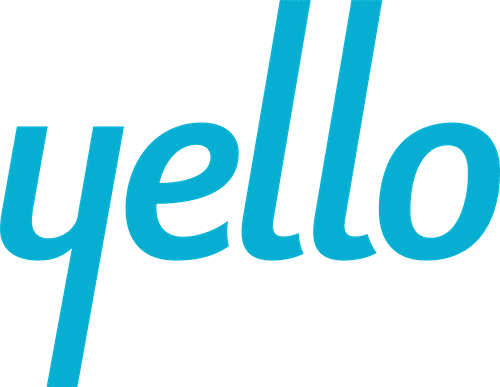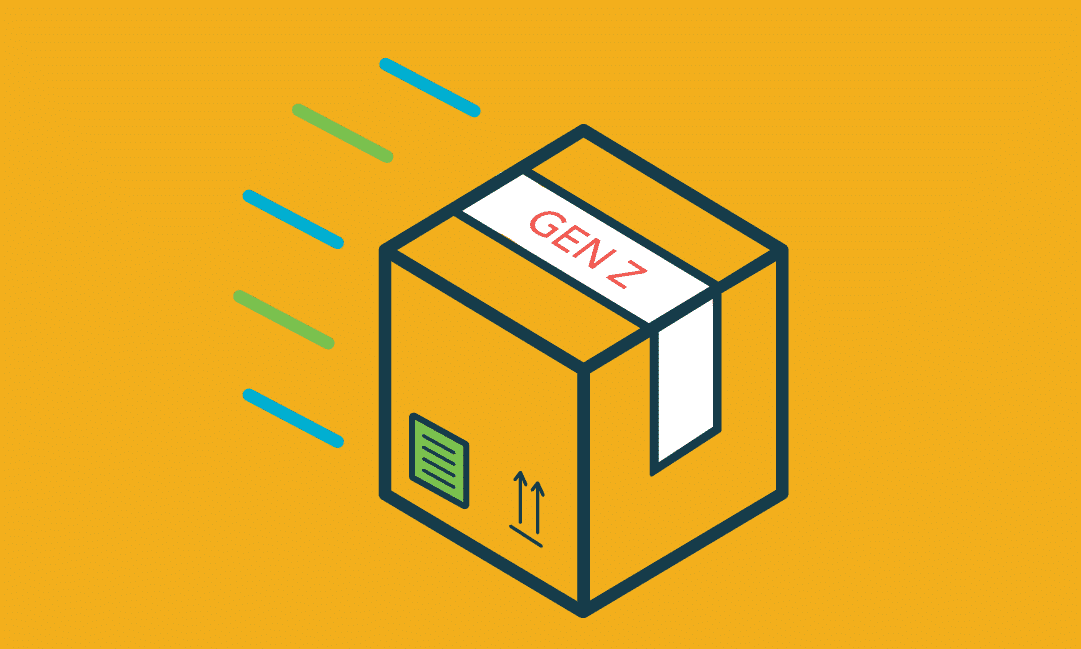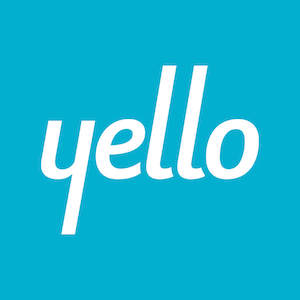[vc_row full_width=”stretch_row” content_placement=”top” v_position=”top” css=”.vc_custom_1482444708270{background-color: #ffffff !important;background-position: 0 0 !important;background-repeat: no-repeat !important;}” font_color=”#163c4a”][vc_column animation=”none” bg_color=”” bg_image=”” column_padding=”no-padding” column_custompadding=”0px 0px 0px 0px” column_center=”” text_color=”dark” custom_text_color=”” text_align=”left” delay=””]When it comes to employee benefit offerings, Generation Z job seekers are just like their millennial and Generation X colleagues. At minimum, they expect good health insurance, an attractive vacation package, and generous retirement savings.
Of course, many of today’s employers go above and beyond these “Big 3” benefits, offering a dizzying array of unusual perks and voluntary benefits to attract and retain talent. But with so many unconventional benefit plans to compete with, it can be hard to prioritize which ones are the most important for your company to offer. So which benefits are actually the most meaningful to Gen Z job seekers?
The 2019 Yello Recruiting Study asked Generation Z, millennial, and Generation X job seekers to rank 13* employee benefit offerings in order of preference. Here are Generation Z’s top three favorites (and least favorites):
Which Benefits Does Generation Z Want Most?
While the Big 3—health care, vacation time, and retirement savings—are still most important, today’s workforce has come to expect the following three benefits when they start a new job.
Maternity and Paternity Benefits
Gen Z candidates rank paid parental leave higher than their older and more well-established colleagues (though the benefit is important for all generations). Although entry-level Gen Z candidates may be a few years away from starting families of their own, they are future-focused and view parental leave policies as a reflection of your company’s stance on issues like gender pay equality and work-life balance. These candidates want flexible work where they can prioritize both their families and their careers.
Student Loan Repayment Benefits
Generation Z job seekers love loan repayment benefits, and there’s little wonder as to why. The student loan debt crisis has reached a fever pitch. Student loan debt is second only to mortgage debt in the United States, with many owing more in student loans than they do in credit card, auto loans, or medical debt. Worse, 11.5% of all student loans are 90 or more days delinquent or in default. The young workforce is looking for financial wellness programs that set them up for future success. If you want to attract Gen Z candidates (and millennials as well), offering student loan repayment benefits is one of the smartest moves your company could make.
Tuition Reimbursement
Gen Z candidates are committed to ongoing training and education that will help them advance in their careers. And offering tuition-based benefits will not only attract top talent, but can increase retention and keep your team updated on industry trends. According to the findings of Yello’s 2019 Recruiting Study, the majority of Gen Z (55%) plans to look for a new job within three years. If your company can offer popular tuition assistance or reimbursement benefits, it could very well put a dent in the job-hopping trend.
Which Benefits Aren’t Important to Generation Z?
Other benefits and perks are nice-to-haves and can be helpful in building a strong company culture, but aren’t as important to Gen Z candidates when they’re deciding whether to accept a job offer. Here are three benefits that are less likely to generate interest among your Gen Z candidates.
Fitness Programs/Gym Memberships
While gym memberships and in-office yoga classes show your company’s commitment to health, they’re not likely to make or break Gen Z’s decision to accept an offer. Only 7% of Gen Z candidates seek this work perk. Highlight mental health and other fitness/wellness programs during onboarding and throughout an employee’s tenure, not during the hiring process.
Company-Sponsored Social Events and Intramural Teams
Of all the perks and benefits, Generation Z candidates ranked company-sponsored social events and intramural teams second to last. It’s not that anyone dislikes pizza parties or the chance to play basketball with their coworkers—it’s just that Gen Z job seekers have little interest in these activities as employment benefits. Offer these programs because it gives coworkers a chance to mingle and bond, but don’t expect them to move the needle on a Gen Z candidate’s decision to accept your offer.
Stock Options/Equity
Coming in dead last for Gen Z is the chance to earn stock options or company equity. This particular benefit does not capture Gen Z’sattention, perhaps because they grew up during the great recession and experienced financial stresses through their parents. You’re not likely to attract entry-level talent (let alone motivate them) with the promise of your company’s future value alone. Focus on how employee perks benefit the candidate, not your company.
How Can You Use Your Company’s Benefits Package to Improve Recruiting?
Don’t wait until you extend an offer to start sharing your benefit offerings with candidates! Highlight everything that makes your company great through recruitment marketing so you can draw candidates into your talent pipeline. Employee benefits shouldn’t be a secret—put them front and center on your careers page, and be sure to generate plenty of compelling employee testimonial videos that showcase how your benefits provide value for the employees who use and appreciate them.
Your benefit offerings are an important and compelling part of the total employment package you offer to candidates. By knowing which benefits your entry-level job seekers want (and don’t want), you’ll be able to improve the way you attract and retain top talent.
*Survey respondents were asked to rank their preference for the following benefits: medical insurance, vacation/paid time off, 401(k) or retirement plan, maternity and paternity leave, student loan repayments, tuition assistance or reimbursement, bonus incentives, metal health benefit programs, free food and drinks at work, company holidays, wellness programs/gym members, company-sponsored social events and intramural teams, and stock options/equity.



